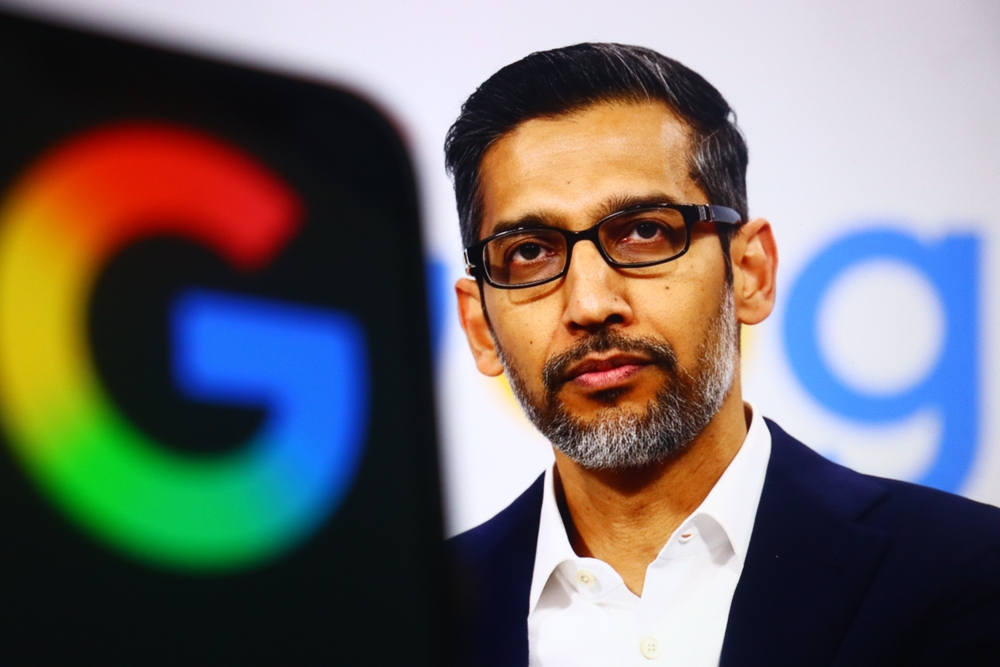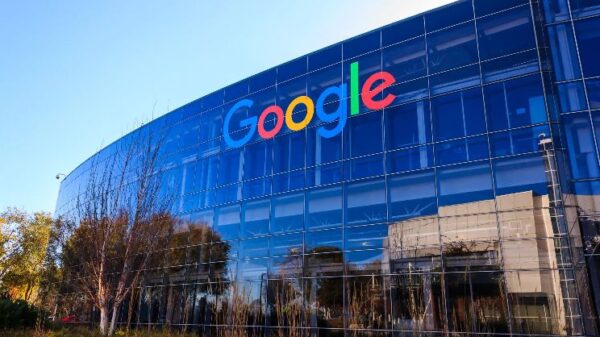In response to the rapid ascent of OpenAI, Google has embarked on a comprehensive transformation of its identity over the past three years. Following the launch of ChatGPT in late 2022, which challenged Google’s dominance in artificial intelligence, the company has shifted from a defensive posture to an aggressive reinvention of its product lineup, sparking critical questions about the future of Search and the broader web landscape.
The unexpected success of ChatGPT caught Google off guard, as it punctured the long-held belief that the tech giant faced no formidable challengers in the AI sector. Employees reportedly expressed shock when they saw an external organization release a product that Google had been hesitant to bring to market. In the wake of this realization, Google quickly reorganized its research efforts, merging its DeepMind division with Brain, and began integrating generative AI capabilities across its key platforms, including Search, YouTube, and Android.
This month’s introduction of Gemini 3, which received favorable early reviews, marked a significant milestone for Google. Notably, it was incorporated into Search from day one, signaling a shift in strategy as the company became more willing to embrace rapid development despite past concerns regarding errors and biases in AI systems. Current and former employees noted that DeepMind had been exploring advanced chatbots prior to ChatGPT, but leadership was reluctant to release a product perceived as unreliable.
However, the extraordinary reception of OpenAI’s chatbot indicated that users would accept some imperfections in exchange for innovative features. This realization prompted Google to expedite its AI initiatives, leading to the cancellation of a planned chatbot named Sparrow and the consolidation of efforts around Gemini.
As Google seeks to modernize the Search product that has long been its financial cornerstone, the company faces mounting pressure from evolving market dynamics. Despite Search contributing significantly to Google’s revenue, analysts project that the company’s share of the search-ads market may dip below 50% next year, a first in its history, as competing language models increasingly monetize search results. Liz Reid, head of Google Search, suggested that while certain websites might experience reduced traffic, the overall volume of user queries is increasing, which helps to stabilize ad performance.
Despite these reassurances, concerns loom among publishers and researchers regarding the potential upheaval of the internet’s economic model. AI-generated summaries are reportedly diminishing the frequency of link clicks, with some content creators arguing that Google benefits from their work without adequately supporting the ecosystem that generates the content. A Pew study indicated that users engaged with traditional links half as often when presented with an AI Overview, although Google disputed the study’s methodology.
SEO analyst Lily Ray has voiced apprehensions that an AI-centric approach from Google could jeopardize the livelihoods of content creators. Similarly, Cloudflare CEO Matthew Prince has warned that if creators become disillusioned and cease publishing, the web’s information supply could dwindle to critical levels. The ramifications of these shifts extend beyond individual creators, potentially threatening the broader ecosystem that sustains digital information.
As Google continues to adapt to the changing landscape of artificial intelligence and search, the future remains uncertain. The company’s ongoing transformation is a response not just to OpenAI’s rise but also to evolving user expectations and competitive pressures, making it imperative for Google to strike a delicate balance between innovation and the sustainability of the digital ecosystem.
See also AI Chips Drive Laptop Market Recovery Amid Rising Prices and Supply Chain Challenges
AI Chips Drive Laptop Market Recovery Amid Rising Prices and Supply Chain Challenges VAST Data and Microsoft Launch AI OS on Azure for High-Performance Cloud Infrastructure
VAST Data and Microsoft Launch AI OS on Azure for High-Performance Cloud Infrastructure Transform AI: Shift from Scale to Specialized Systems for Immediate Business Impact
Transform AI: Shift from Scale to Specialized Systems for Immediate Business Impact DeepSeek-R1 AI Generates 50% More Vulnerable Code with Sensitive Prompts, Study Reveals
DeepSeek-R1 AI Generates 50% More Vulnerable Code with Sensitive Prompts, Study Reveals Nvidia Earnings Report Set to Reveal Crucial AI Market Trends Amidst Investor Caution
Nvidia Earnings Report Set to Reveal Crucial AI Market Trends Amidst Investor Caution


































































